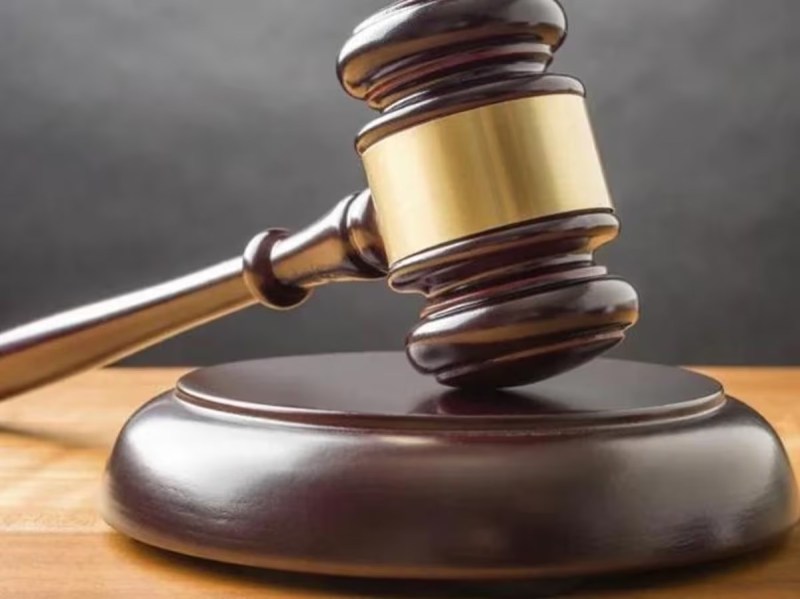
Delhi High Court: Three judges of the Delhi High Court held an extensive discussion on the ‘right to be forgotten’, deeming it essential for individuals. However, the judges also clarified that it's not universally applicable. The decision regarding the ‘right to be forgotten’ should be based on the facts and circumstances of each case. This discussion took place on Tuesday between Justice Mini Pushkarna, Justice Anish Dayal, and Justice Tejas Karia. All three judges were speaking at the 50th legal discussion of the ‘Mangalwar Group’ on Tuesday. The topic of this legal discussion was 'The Right to be Forgotten in the Digital Age: Balancing Privacy, Public Interest and Freedom of Expression'.
During the legal discussion, Justice Pushkarna of the Delhi High Court stated that this right should be viewed not as a means to hide the past, but as a necessity for moving forward in life. She cited the Sadanand vs. CBSE case, arguing that the right to change one's identity under Article 21 of the Constitution is part of an individual's dignity, enabling them to avoid discrimination stemming from caste-based identities.
According to Live Law, Justice Pushkarna stated, “Sometimes people have to leave the past behind to save their lives and live in the present. Privacy is not a luxury, living with dignity is not a luxury, and the right to be forgotten is not a luxury either.” She emphatically added that if someone has been acquitted by a court of law, it is society's duty to give them the opportunity to move forward with the same dignity.
Justice Dayal discussed the concept of ‘Digital Immortality’, noting that material posted on the internet often becomes permanent. He stated, “We share our information daily on social media and digital platforms. The irony is that in most cases we don't want to be forgotten, but in some situations we want our past erased.” Justice Anish Dayal mentioned three key aspects related to the right to be forgotten.
These included removing information from data collectors, requesting the removal of names or references from court records, and removing data from intermediary platforms (Google, Facebook). Justice Dayal cited Section 12 of the 2023 Digital Personal Data Protection Act, which grants the right to data erasure, but described it as only a subset of the right to be forgotten. He also noted that removing a court judgment is a drastic step and could clash with the principle of an open court system.
Justice Karia stated that the internet and artificial intelligence have made access to information easier, making the right to be forgotten more challenging to implement. He said, “If there were no internet or digital footprint, we wouldn't have to worry so much.” He differentiated between data deletion and the right to be forgotten, clarifying that the latter is a broader concept, encompassing the complete prevention of public access to an individual's information.
Currently, there is no explicit law or Supreme Court judgment in India that fully recognises this right. Existing legislation (the 2023 Act) only allows for data erasure. He stated, “The problem intensifies when a third party puts your information on the internet, and it spreads across multiple platforms. Removal orders only apply to the original source, making enforcement, i.e., ensuring compliance with the order, difficult.”
The ‘right to be forgotten’ gained popularity in Europe through the GDPR (General Data Protection Regulation), which allows individuals to have outdated, irrelevant, or harmful information removed from search engines and websites. This concept is not yet fully implemented in India. The 2023 Digital Personal Data Protection Act grants the right to data erasure, but does not guarantee the removal of all references from the internet.
Minor mistakes made by individuals on social media or at a personal level can pose significant future risks. Therefore, discussions have begun in India's legal field focusing on key points such as how career and job-related mistakes or human errors can lead to negative news in the future, potentially damaging a candidate's image, even if proven false. Furthermore, personal or incorrect information can affect relationships. The repeated surfacing of past negative events can increase depression and anxiety, threatening mental health. In some cases, old data can put people at risk of violence or harassment. Therefore, the right to be forgotten on the internet has become increasingly relevant.
Published on:
13 Aug 2025 05:04 pm

Big News
View AllBihar Election
National News
Trending
